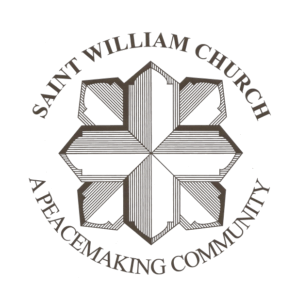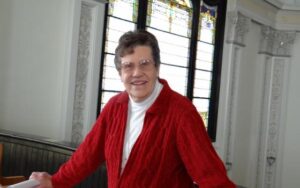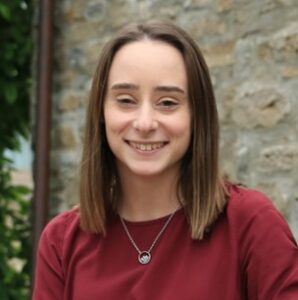“Called to remain open to a wider participation”

“These ten [study] groups…are called to remain open to a wider participation, that of the entire people of God.” – Cardinal Mario Grech, Secretary General for the Synod of Bishops
I whooped at our breakfast table yesterday when I read this update on the official Instagram account for the Vatican synod office.
Since the Vatican announced back in March that some of the most complex and controversial topics raised around the world during the synod would henceforth be managed primarily in ten study groups rather than in October’s synod assembly, this is what we at Discerning Deacons and women and men around the world have been asking for, hoping for, and praying for: that the study groups conduct their work in a synodal manner that takes into account the lived experiences of the People of God. And here I was, scarfing down a ham and cheese omelet between meetings at a cafe no more than a fifteen minute walk from the synod hall, blurting out the good news to Casey, Ellie, and Lisa: they listened!
While we expect that more detailed instructions on submitting contributions are forthcoming, in the video shared to Facebook and Instagram, Cardinal Grech gave an initial sense of what we can expect in terms of process: “It will be possible for everyone, for all, to send contributions, observations, proposals—pastors and church leaders, but also…every believer, man or woman, every group, association, movement, community, will be able to participate with their own contribution.” He further explained that the General Secretariat of the Synod “will collect this material received and transmit it from time to time to the group or groups concerned.”
This announcement comes on the heels of Cardinal Victor Manuel Fernandez’s announcement last week on behalf of Study Group 5 (the synod study group responsible for questions related to ministry, including women deacons) that the Dicastery for the Doctrine of the Faith had deemed “that there is still no room for a positive decision by the magisterium regarding the access of women to the diaconate, understood as a degree of the sacrament of holy orders,” noting that Pope Francis “does not consider the question mature.”
It’s important to note, even in what may at first blush seem to be a straightforwardly discouraging statement from Cardinal Fernandez, that the door remains open.
If the discernment about the question of the diaconate is not yet mature, we would like to support the process of its maturation.
And with the announcement out of the Vatican synod office today about pathways for broad participation in the working groups, it’s a little bit easier today than it was yesterday to imagine how we might support that maturation.
We did not arrive in Rome expecting to see women deacons at the end of the month, and we know there is critical work for the assembly to focus on so as to further enshrine structures of participation in the life of our Church.
The Spirit seems to be up for the task – swirling in breezes or gales, to renew the Church from the heart of the Vatican, by listening to the witness from those at the peripheries.
Our task remains clear: to journey together, to tell the stories of women who are responding to a call to serve their communities as de facto deacons, to seek the intercession of our patron, St. Phoebe, and to be a partner with our Church leaders as they continue to widen the road so that “todos, todos, todos” know they belong as part of God’s beloved community, discerning and witnessing together to a God who accompanies and strengthens us on the way.



